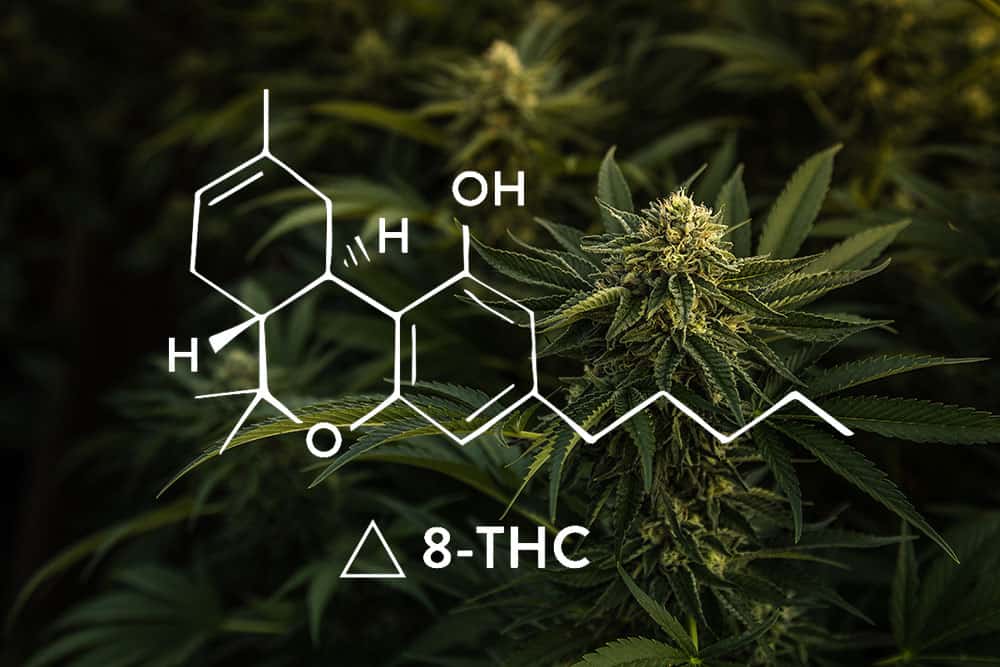Chris’s Story
Chris woke up groggy, pressing the snooze button on his alarm several times before finally rolling out of bed to get ready for his Ancient Civilizations class. Knowing the class was small and the professor would not appreciate heavy eyelids, Chris grabbed a bottle of 5-hour energy and a Red Bull on his way.
After classes, he headed to the library. Chris had procrastinated so long on a paper that he had only hours to finish it before the midnight deadline. He stopped by his friend Allison’s carrel on his way to his own, asking her if she had any “study buddies”. She reached into her backpack to unscrew the bottle of her ADHD prescription (Adderall), and handed him a couple of pills, while he slipped her a bill. He stopped by the handicapped bathroom where he crushed and snorted one of the pills in a way that suggested that at 19, he had had plenty of practice.
Now Chris was able to focus intently on writing his paper, going without food or a bathroom break. When he started to feel his attention waning, he went outside to smoke a cigarette (he wasn’t really a regular smoker, just when he was studying or drinking), and then snorted the second pill and kept going.
At 11:45 p.m. Chris took one last look over the paper and e-mailed it to his professor.
He felt jumpy from the amphetamines and long hours of studying, so he wandered to his friend Andre’s dorm room to hang out for a while before heading to bed. In Andre’s room, Chris drank a couple of beers before starting to feel his buzzing nervous system calm down.
A friend texted—there was a game of beer pong happening down the hall, so Chris and Andre decided to head over. The two teamed up and hit a winning streak, downing cup after cup of warm beer. Someone passed around a bottle of cheap whiskey that people drank from the bottle. Andre took a quick bump of cocaine to keep his beer pong form from slipping, and Chris joined him.
Chris stumbled to bed at 3 a.m., drunk.
The alarm sounded all too soon. He simply shut it off. He was in no shape to go to class. Hours later, Chris finally woke up nauseous and hungover. He rummaged around for the last of the weed that he had bought last week and rolled a spliff. Later he would need to head to the library, but he could always stop by Allison’s carrel again if he needed to shake off the cloudiness from the weed.
Escalating Use and Its Consequences
Chris’s day is not unusual in an era of college students with ready access to prescription and illicit drugs and alcohol, and a perfectionist drive to excel at academics as well as socially. While many would never think of doing meth, they are at home taking amphetamines in the form of study drugs to focus, have the energy for going out, and sharpen their alcohol buzz. They spend most of the day under the influence of some substance, alternating between uppers and downers, titrating like chemists to find the balance they need to move through their day. This is not the sole province of stereotypical “druggies,” but the kids who look like they have it together.
This reliance on substances to regulate mood and energy can have an escalating effect, as college students need ever more substances to achieve the same effect or to “balance” themselves out. The combined use of stimulants and depressants can be very hard on the body and nervous system, as their system struggles to adjust to the onslaught of chemical messengers. Sleep is disrupted, it is difficult to feel alert, and one substance causes them to reach for another.
Over time, this escalation becomes unsustainable and leads the user to dangerous situations such as passing out at a party or experiencing heart palpitations. It also sets up a pattern in which young people don’t learn to navigate social situations or high-pressure deadlines without chemical assistance. This is a key time of life to develop these skills and capacities, so it can set these people up for a lifetime of feeling incapable of tackling these situations without substances.
Tips for Getting Off the Merry-Go-Round of Substances
If you have found yourself relying on a revolving door of substances to try to keep up academically and socially, here are some tips to get back on track.
Have reasonable expectations of self and others.
If your substance use is driven by a relentless need to be near-perfect in every area of your life, it may be time to practice being gentle with yourself and remembering that in the long run nurturing your physical and mental health will help you to succeed.
Establish good study habits and sleep patterns.
Procrastination can drive substance use as it creates the need for unnaturally long periods of intense focus. Give yourself a break by planning ahead enough to avoid these marathon sessions, and take breaks to eat and exercise. Develop a sleep routine that does not rely on alcohol or other sedatives to help you relax, and try to go to bed as close to the same time each night as you can.
Take a break from all substances.
If reading Chris’s story felt uncomfortably close to home, you might want to experiment with taking some time away from all substances to allow yourself to reset and evaluate your relationship with them. Pick an amount of time that feels doable, and stick to it. Pay attention to your energy levels, ability to interact socially, and emotional state. If it is hard for you to maintain abstinence as planned, it may be a sign that you are more reliant on substances than you initially realized and you may need additional support through resources, such as outpatient counseling.
Seek help for underlying issues or if you are having trouble slowing down on your own.
If you have tried to stop or cut back on your substance use but have been unsuccessful, it may be a sign that you need further support. There are a lot of options for this, including individual counseling, group counseling, support groups like AA, outpatient drug treatment, or drug and alcohol rehab. Sometimes people think that if they are still functioning in their life and don’t look like the stereotypical addict or alcoholic, it must mean they don’t need treatment. In reality, if substance abuse is interfering with your life and your relationships, including your relationship with yourself, you may benefit from seeking help.
You may suspect or discover that underlying causes are driving your substance use. For example, perhaps you are avoiding dealing with traumatic experiences, coping with social anxiety, or medicating depression. These are difficult to address alone and often require professional help.
Where to Get Help for Substance Use and Addiction in Colorado
The school counseling and psych services center can be a good place to start looking for resources, as they can connect you with both school and outside resources. For example, CU Boulder has the University of Colorado Wardenburg Health Center which offers comprehensive counseling and psychiatric assessment services. Some college students will need support beyond what is offered on campus.
Sandstone Care is a treatment program for teens and young adults struggling with substance abuse and co-occurring disorders. Our Denver and Boulder locations offer a full continuum of care, including sober living, with each located adjacent to or near CU Boulder, University of Denver, and Metro State University (MSU). For more information and to explore if our rehab programs may be right for you, please contact us today at (888) 850-1890.




